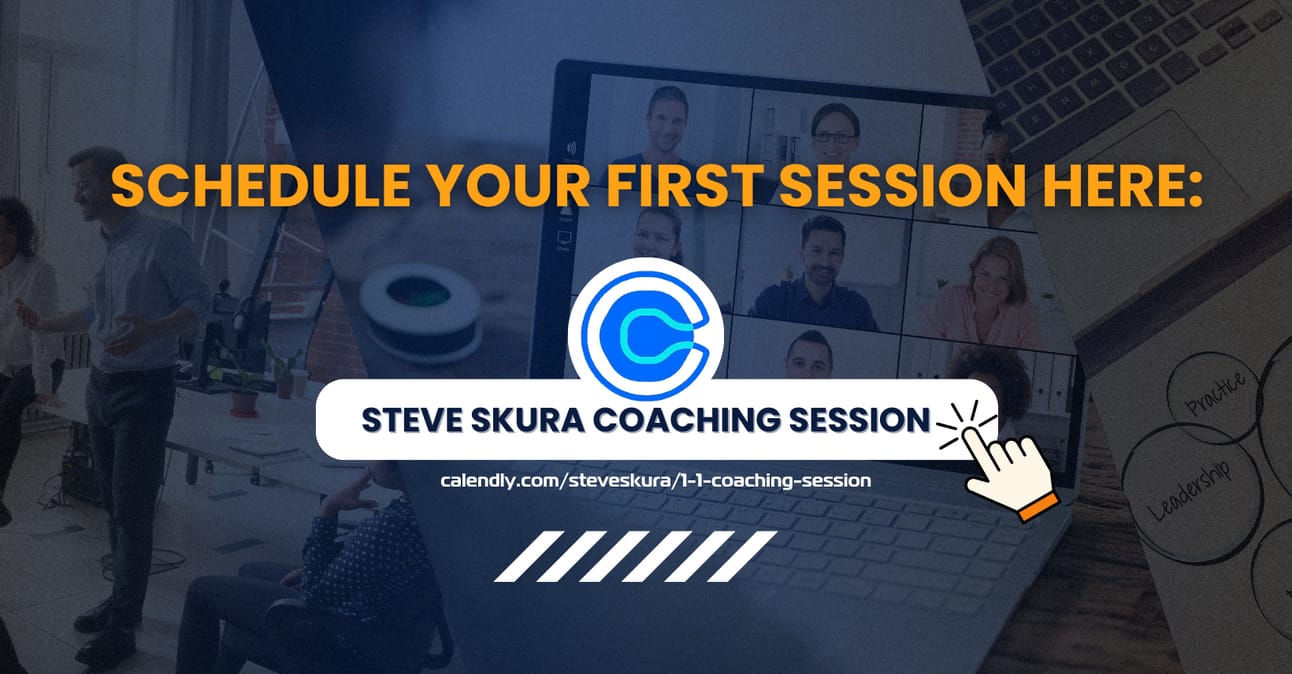- The Weekly Nugget
- Posts
- Should You Make a Career Pivot?
Should You Make a Career Pivot?
Here's what to consider when exploring a new career journey.

The pandemic was a tragic time in American history, however, there were a few blessings that flowed from the overall experience. The first is that many people were able to live a stronger work/life balance while being more productive at their job due to the boom in remote work (and saving on commute time). Secondly, more than half of workers were stuck in the house daily and had a lot of time to self-reflect on their personal life, career, family and what was truly important to them.
For many people this meant making a pivot in their life that would reap more joy, contribution, social impact, or financial prosperity long-term. If you’ve been considering a career pivot or you’ve just now decided that you need to make a change, this article is for you. Here are the main reasons why people make a career pivot, questions you should ask yourself, areas of discover that you need to consider, and direction on setting your expectations.
Reasons Why People Make a Career Pivot
It’s still early in their career and they don’t know what path they should choose for work.
They either don’t like or feel fulfilled at their job, company, or the industry they work in.
They have a lot of experience in one or a few fields, but have become bored and are ready to try something new.
They want a better work/life balance and their not getting it from their current career track. Maybe this is due to a growing family, a life event, change in physical or mental health, or its been many years and they haven’t done anything on their bucket list.
They want to receive more joy from the work they do or pursue a career track that makes more of a contribution or social impact.
If any of these examples sound like you, I encourage you to continue reading and explore these areas in your life to uncover what a potential career pivot might look like for you and possibly your family.
Questions to Ask Yourself
There are a lot of questions to ask your self. Grab a pen and tablet, and try to hone in on these areas as you write down all the details:
Do you enjoy your job function or any of the industries you have experience in?
What are you passionate about?
Whether your at work, home, an event, nonprofit, or whatever - what activities give you the most joy?
In your total past work experience, what are you most proud of?
What has been your biggest achievement?
What are your 3 biggest strengths?
What do you hate doing? This one is important. You’re new career pivot must exclude anything you hate doing, don’t receive joy from, or you regularly find yourself bored doing.
Time to think about your superpowers. This is a big one. Many people have superpowers that can more than pay the bills, but never give it thought. Write down all of your skills that someone would pay you for doing. Then assign how much you could get paid per hour choosing $10, $100, or $1000 for each skill.
Any skills that are $1000 are your superpowers. You should consider these and how they might align with a career pivot or provide leverage in salary or title. You superpowers might also be aligned with what your passionate about and/or brings you joy. Maybe you just need to reimagine this.
Any skills that are $100 may have potential to grow into superpowers.
Ignore anything that’s $10 per hour, unless its a must have skill for your future career pivot.
You don’t necessarily need to choose a pivot that takes advantage of your superpowers, but these abilities is where you can potentially start in a new industry or field of work at a higher compensation then entry level. Some people may face some conflict between potential pay and what they would more enjoy doing. This is normal. These are very important considerations when deciding on your new career path.
Areas of Discover that You Need to Consider
Now think about these eight areas of your life; education, work history, non day job activities you enjoy, and what real goals you want to achieve before you retire. Write down in detail everything that you can think of in relation to these things - positives and negatives.
Experience | Industries | Passion | Hobbies |
Education | Superpowers | Joy | Goals |
Setting Your Expectations
Setting your expectations is important before you decide to make the jump and pivot. Set expectations for these three things:
How attractive will I be as a candidate?
What are my income expectations?
Are there additional skills, certifications, or training I will need?
Will I likely achieve more of my career goes in this new career path?
You may get lucky and find that you’re a more attractive candidate in this new career path than your past jobs. That can definitely happen at first if not over time. However, set realistic expectations on what you can leverage in landing an interview, giving strong answers to interview questions, and negotiating a compensation package that will pay your bills and meet expectations for your new journey as your grow.
If there are any additional skills, certifications, or training needed prior to creating a new resume and applying for jobs - consider a career coach you can leverage to fill in any experience gaps until you get past the learning curve of the new role. I’ve found this typically takes 3 to 18 months. I’ve had clients that I’m still coaching 5 years later, because they keep getting promoted with new responsibilities.
Whether there is a need for one coaching session or many, if you’re considering a pivot and need help discovering this new journey, I can help you. Schedule your first session below.
